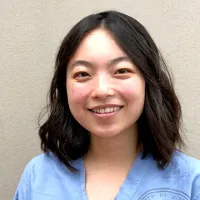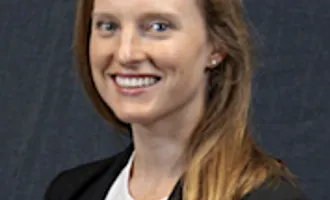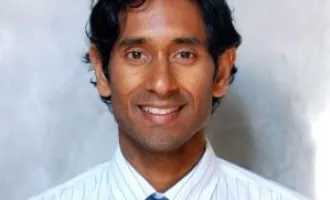Burnout Relief
Imagine a time when work hour limits did not exist, medical providers worked full days immediately after being on call every second or third night, and errors were made, sometimes with acknowledgement, but mostly without. This reality was a major factor to what has contributed to clinician burnout today.
On Tuesday, December 4, Dr. Christine K. Cassel, the 2018-2019 UCSF Presidential Chair recipient, physician in geriatric medicine, and expert in biomedical ethics and quality of care, spoke at the third ever UCSF Bioethics Grand Rounds.
Over 100 people were in attendance. Cassel, one of the founding members of the bioethics fellowship at UCSF, recollected her traumatic experiences as a medicine resident at the old Children’s Hospital of San Francisco, as she talked about clinician burnout.
“Please keep the patient alive for another 24 hours so we can get the last data points,” she recalls her research mentor saying to her in the early ’80s.
Even though she may have wanted to anyway, slow codes were common at the time.
Cassel said these codes referred to instances when everyone on the care team knew the patients would not survive, so the care team would go through the motions of resuscitation but not actually really try to resuscitate them.
She described this feeling of disconnect and affliction as something now called “moral distress”.
Moral distress, a term previously only used to refer to the power differential between nurses and physicians and medical students and physicians, also fully applies to and is experienced by physicians themselves.
When values are in conflict, this stress contributes to what is commonly known as burnout: emotional exhaustion, depersonalization and cynicism, and loss of a sense of professional accomplishment.
The phenomenon of burnout has been acknowledged for a long time among health professionals, but has only recently been studied in physicians, Cassel said.
It is not a new concept, and it has been blamed on various factors such as electronic medical records and documentation and reporting requirements.
“But digitizing health information and quality reporting are good things — we can’t just stop doing them,” Cassel said. “The burdens they create are unintended consequences of positive developments.”
She explained that change itself can be a driver of burnout, depending on whether individuals feel like they are victims or agents of change.
With so many changes to healthcare in recent years and more to come in the future, moral distress and these unintended consequences will surely persist, either pushing us more towards burnout, or towards productive engagements with the challenges we face.
“The term 'moral distress' is not often used, but what I hear is, ‘It doesn’t feel right’,” Cassel said. “Patients still die. Sometimes it’s expected, and sometimes it’s not, but it’s not a trivial matter.”
Bioethics may play nicely into situations of moral conflict because the discipline can help distinguish which moral values take precedent in each setting and why.
As such, Cassel argues that this kind of discourse relieves moral distress, leads to better decision-making, and has the potential to reduce burnout.
One possible solution to clinician burnout is the active teaching of ethics, including moral discourse and clinical problem-solving, at every level of medical training.
This can give bioethics legitimacy within the context of professionalism, helping to strengthen policies and committees surrounding ethical dilemmas.
Ultimately, moral distress is inevitable in the work that so many of us do, but there are ways to think about it analytically and productively to work towards better solutions in an effort to improve care of patients and of ourselves.
The long journey of becoming a physician with the privilege of caring for patients in need does not come without consequence, but it is up to us to decide whether that consequence degrades or enhances us and our practice.
Life as we experience it is already replete with stressors — through learning the skills and knowledge of asking these tough ethical questions mindfully and rationally, we can engage in meaningful discourse in an effort to create the good that so many of us strive for.



